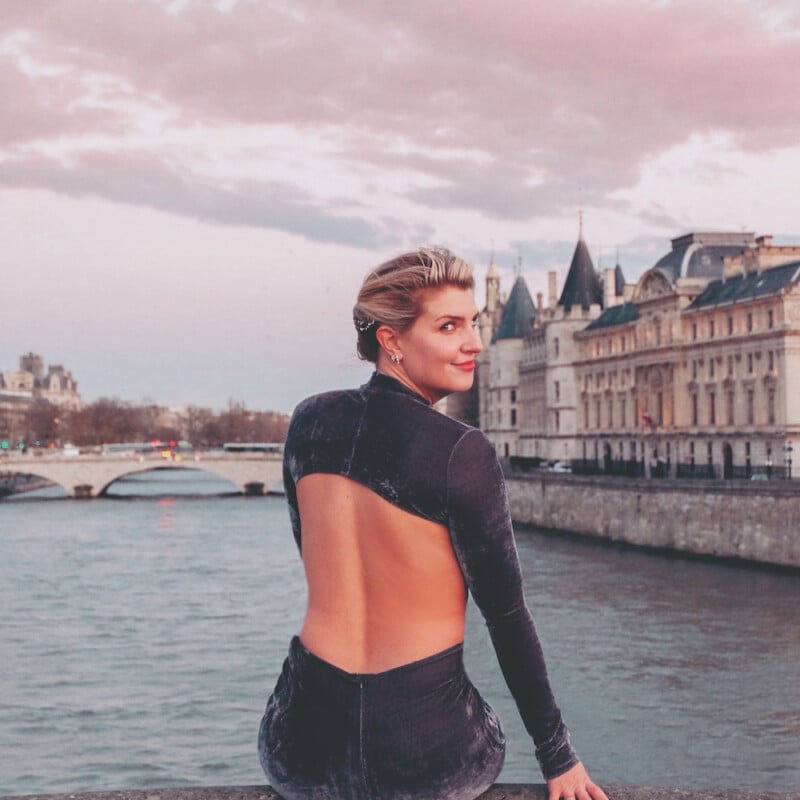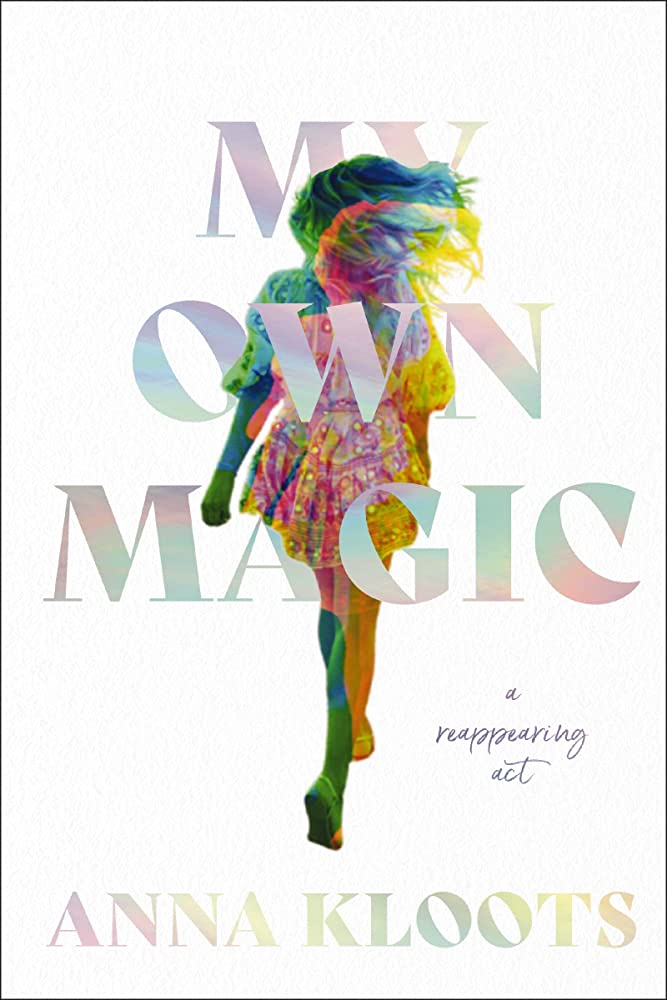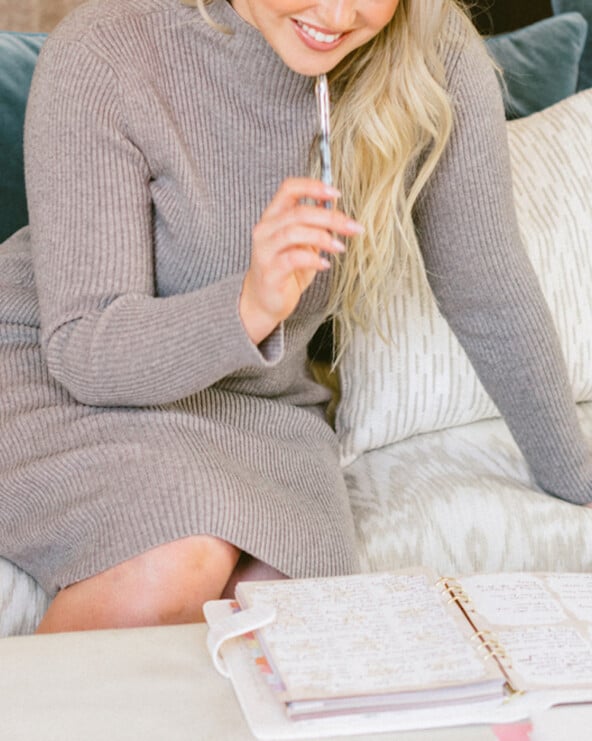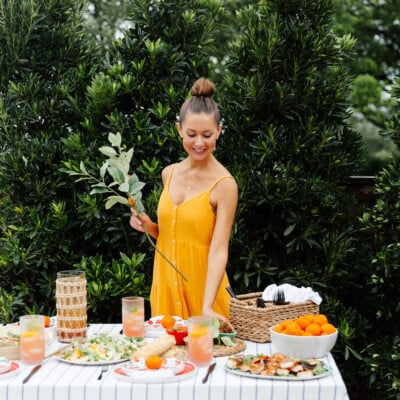Americans have long held Paris up as a token of beauty—something expats can only skim the surface of and never really know. This mystique builds our sense that the culture that exists across the ocean is somehow better—more expressive, more passionate, and more dynamic—than the lives we’ve known stateside. It goes beyond romance: our relationship with Paris—a famed, almost mythic city—represents all that we long for. All the joy, happiness, and possibility that seems just out of reach. But Anna Kloots has confronted the city with absolute fearlessness. She’s built a life for herself that isn’t beautiful because it’s perfect, but because it comprises all the messiness and vulnerability required of a life abroad.
While her experience is wholly unique, it’s a trajectory that resonates with so many. By her mid-twenties, Anna was married, had started a business, and traveled to eighty countries. But in the midst of her whirlwind, glamorous-on-the-outside life, she felt desperate to reclaim the voice—and the magic—she trusted she could find within herself once again.

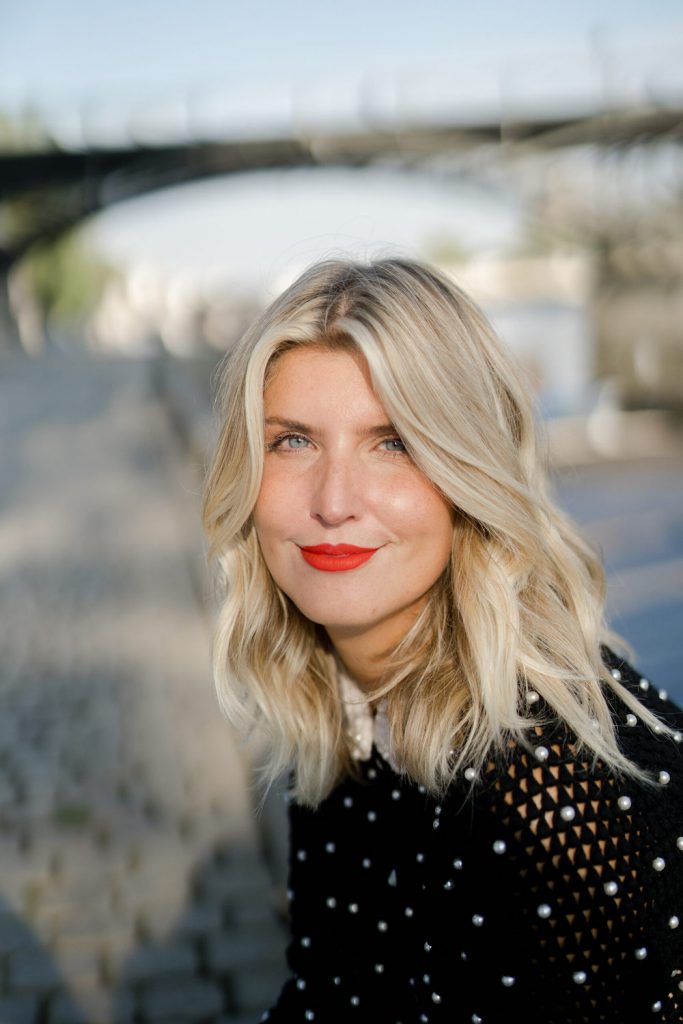
Anna Kloots on Resilience, Reinvention, and Rediscovering Yourself
After the dismantling of her marriage, Anna found herself at 30 with no idea how to proceed. But guided by her sense of adventure, she chose to see the end of her relationship as an opportunity to start again. In her book, My Own Magic, Anna emerges from the loss and learns to construct her own beginning.
We each carry with us the stories, places, and people that charter the scope of our lives. Often, it’s not where we’re born that comes to define us, but a home built through the memories we’ve collected along the way. It’s the places we choose, and in many ways, the journeys that choose us.
For Anna, much of that is found in Paris, where she now resides. “I’ve always considered Paris a person,” she tells me with a dreamy, wistful tone. “She’s not just a city, but a person—a person I love.” To see the spaces we inhabit with this love and fondness awards us a profound connection to our many homes. And in a way, it allows us to see the magic in everywhere we go.

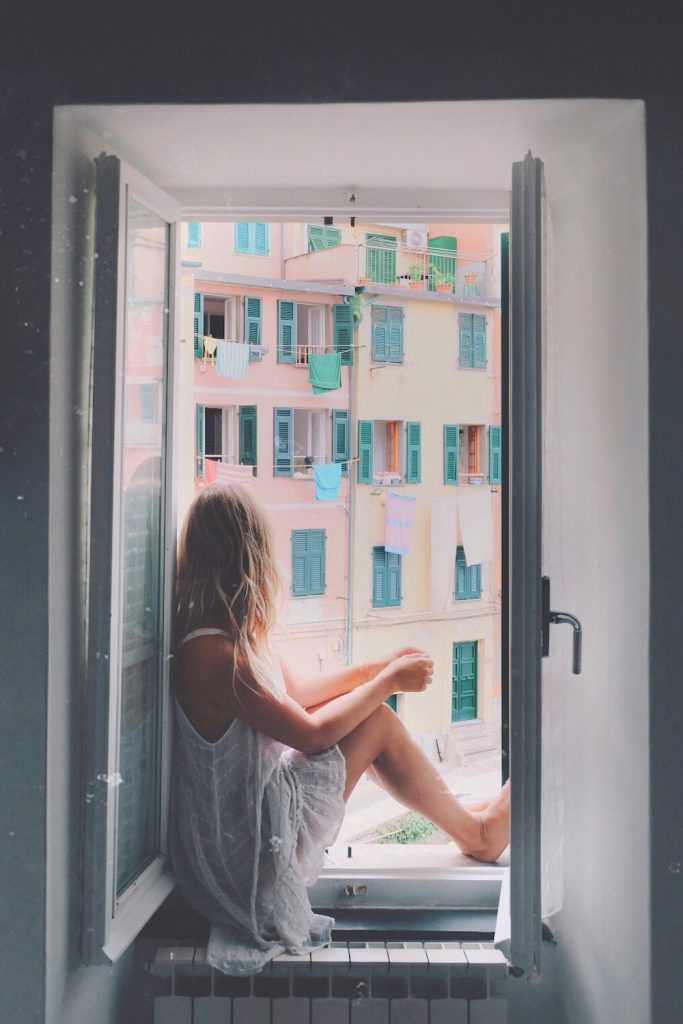
One of the larger themes I drew from your book was that divorce can be both the end and the beginning of something. Is that a truth we can’t know until we’ve been through it?
I think so. It’s hard when you’re at that moment of absolute pain and chaos with everything crumbling around you. It can be difficult to see that as an opportunity amidst the grief, fear, and sadness. And almost everyone I knew at the time hadn’t been through it, so there wasn’t anyone I could really talk to aside from my sister.
It was a really isolating experience, but that’s part of the reason why I wrote this book. It’s powerful to hear someone tell their story and to be vulnerable—unafraid to share both the beautiful and the messy parts. To see them come through to the other side happier and stronger, having built something they’re proud of, seeing that is what helps others make it through. You see them bridging the gap and you know that this loss can be an opportunity—it can’t just be the end.
You don’t have to be full of guilt, sadness, or regret. You can simply lift a glass and say, here’s to my new life!
There’s an anecdote I loved toward the beginning of the book, where you watch several women throw a divorce party. It was such a contrast to where you were emotionally at the time.
Absolutely, it was shocking. But I later realized how quick I was to judge and point out my belief that divorce wasn’t something to celebrate. I know now that we have the option—after a mourning period—to ask ourselves: what lies ahead of me now? It’s a reminder that there’s good and bad to everything. You don’t have to be full of guilt, sadness, or regret. You can simply lift a glass and say, here’s to my new life! And you should.

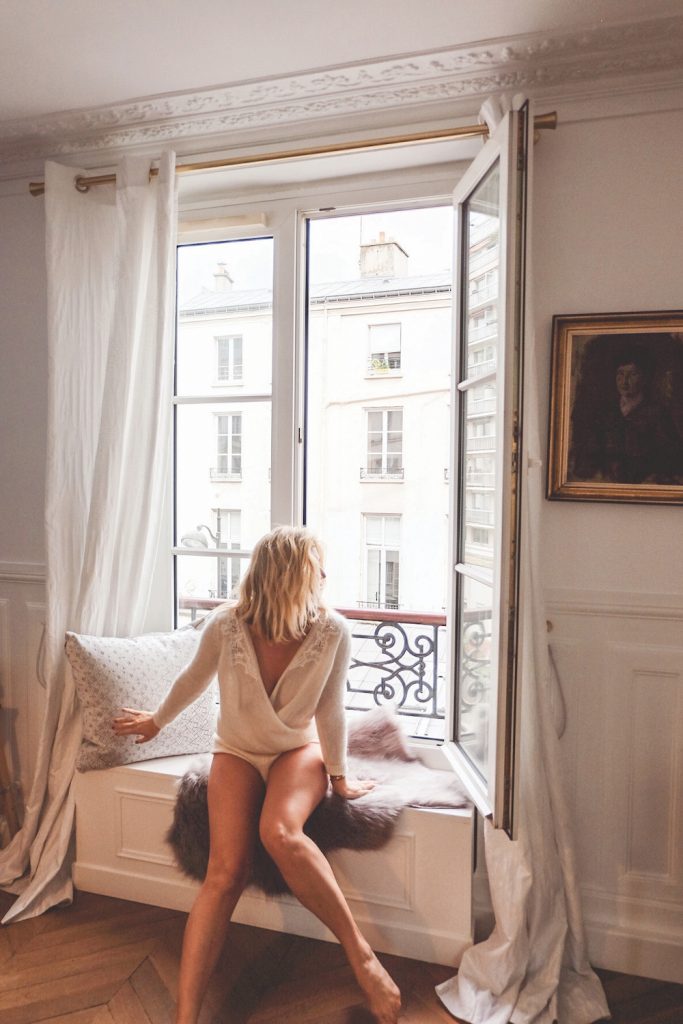
You were so unapologetically yourself when you first arrived in Paris. Where did that confidence come from?
I was so young then—I was studying abroad when I first visited Paris. In a way, I think I just didn’t know that I couldn’t be. Like when you’re a kid and you’re just so unapologetically yourself before people start telling you that you can’t act like that. I was so young that the concept of having to change who I was for others to approve of me hadn’t clicked. It just didn’t exist in my head yet.
I was so happy to be in Paris that I couldn’t have tried to be reserved if I wanted to. And I think maybe that it was just that love for where I was shining out of me.
I like hanging onto the parts that make me who I am.
But when I moved here permanently later on, I found that I just wanted to be French. I had to nail the accent, sound French, and adapt to French customs and rules. But by the end of my third year in Paris, I realized that I don’t want to trade everything I am to fit in here. Even though my accent probably still sounds ridiculous, it’s me. And in a way, I don’t want to lose that. I like hanging onto the parts that make me who I am.

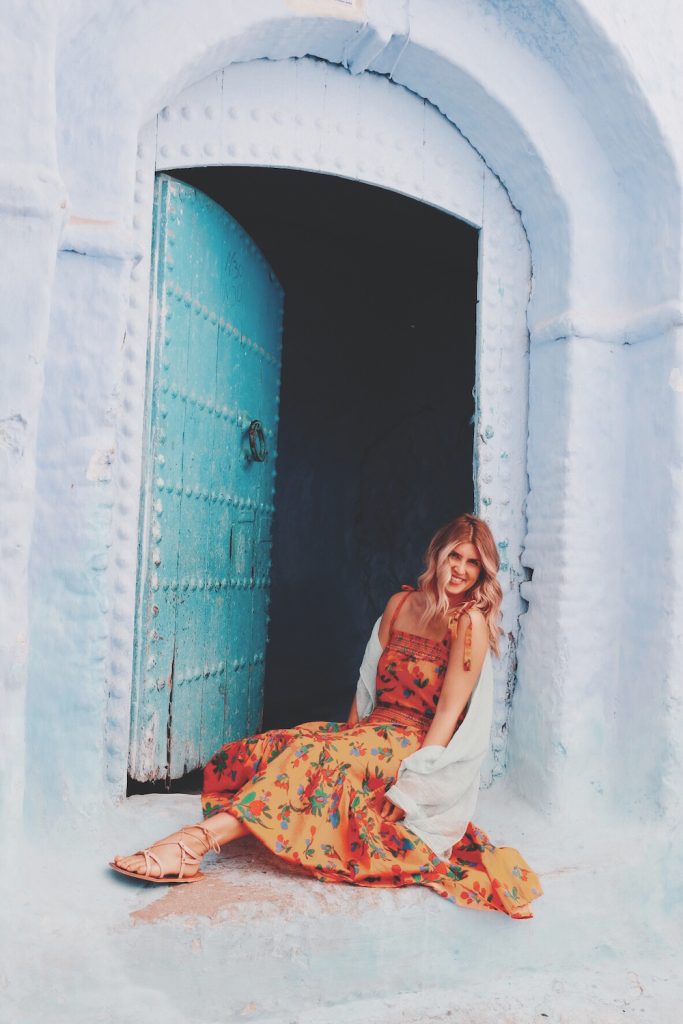
You’ve been described as the real-life ‘Emily in Paris.’ What about the moniker resonates with you? In what ways is it selling your experience short?
Here’s the thing about the show: it’s fiction. It’s not trying to convey reality any more than other shows that glorify a city. I enjoyed the depiction of someone showing up not knowing anything and having to learn the ropes. But that’s really where the show veers from the truth. The friendships and the family that you create here come because you are building everything about your new life. When I moved abroad, my whole life started from scratch. For the first time, I was actively choosing every aspect of my day—what I wanted it to look like, how I wanted to spend my time, the kind of people I wanted to surround myself with.
It’s so easy to get stuck in our routine, but if you can shake things up and move somewhere new—even just a new town—it forces you to ask yourself: what do I actually want?
Whereas in a fictional show, everything is forced on you and you have to adapt. That happens in real life, too, but you also get to be very selective about the new life you’re building. For me, that was immensely rewarding and it was beautiful to slowly and over time craft what I wanted my new life to be.
It’s so easy to get stuck in our routine, but if you can shake things up and move somewhere new—even just a new town—it forces you to ask yourself: what do I actually want?
How does your new relationship feel different from your marriage? How are you different in this relationship?
I began my first relationship when I was 19. At that age, I didn’t have enough experience in life—and certainly not in relationships—to define what was really important to me. Those things that would truly bring me happiness, deep, internal happiness, and not just outside surface happiness.
Now, having gone through my marriage falling apart, you learn all sorts of lessons about what you need, what works for you, and who you are. So when I got into this new relationship, I entered it saying: this is who I am. Whereas before, I would be anyone that other person wanted me to be. It’s not that I’m not willing to change and compromise, but I’m much more aware of what I need and I’m not afraid to demand it.

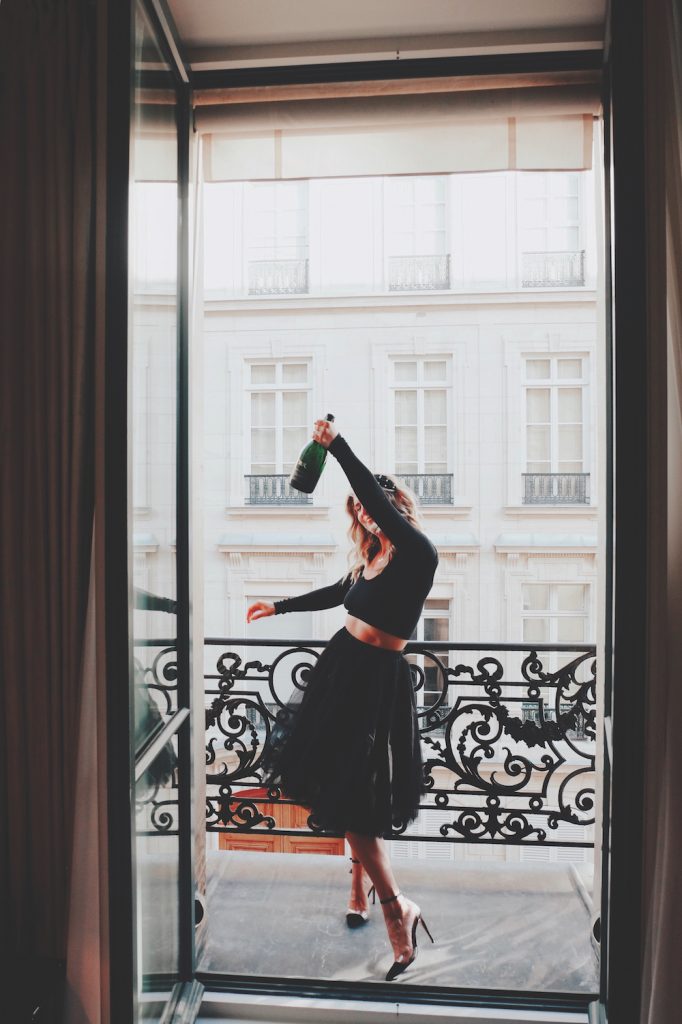
How do you push yourself out of your comfort zone?
I had to make the effort. When I was 19, I took a trip by myself to Italy during my semester abroad in Paris. I didn’t speak the language, I was traveling alone, and I didn’t know where I was going. As I share in the book, pretty much everything went wrong. I missed my train and ended up stranded, but it was rewarding to make it through that challenge. I was able to take care of myself and make it through on my own.
That experience made me realize that the unknown can lead to so much possibility. That shaped my mindset around travel moving forward because I didn’t know what would happen. It was so exciting. Things will go wrong in life, no matter if you’re traveling or at home. But down the road, it can lead to an incredible experience.
For women especially, society expects us to operate on a timeline. What does it feel like to break that?
It feels amazing. My social media feeds are filled with people finding love at 50 or getting their dream job at 60. Why do we put this expectation on ourselves that we have to have our lives figured out at 28?
I’m so happy to even be a small part of the force that’s breaking those stereotypes. I reinvented my entire life at 30, and now at 35, I’m releasing this book that has always been my dream. And though I have a boyfriend, I’m not sure if I want to get remarried—it’s just not my focus right now. I’m happy to be happy. We have to stop telling ourselves that there are time limits or expiration dates on anything. We have our whole lives, and we’re allowed to reinvent ourselves all the time.
We have to stop telling ourselves that there are time limits or expiration dates on anything. We have our whole lives, and we’re allowed to reinvent ourselves all the time.

